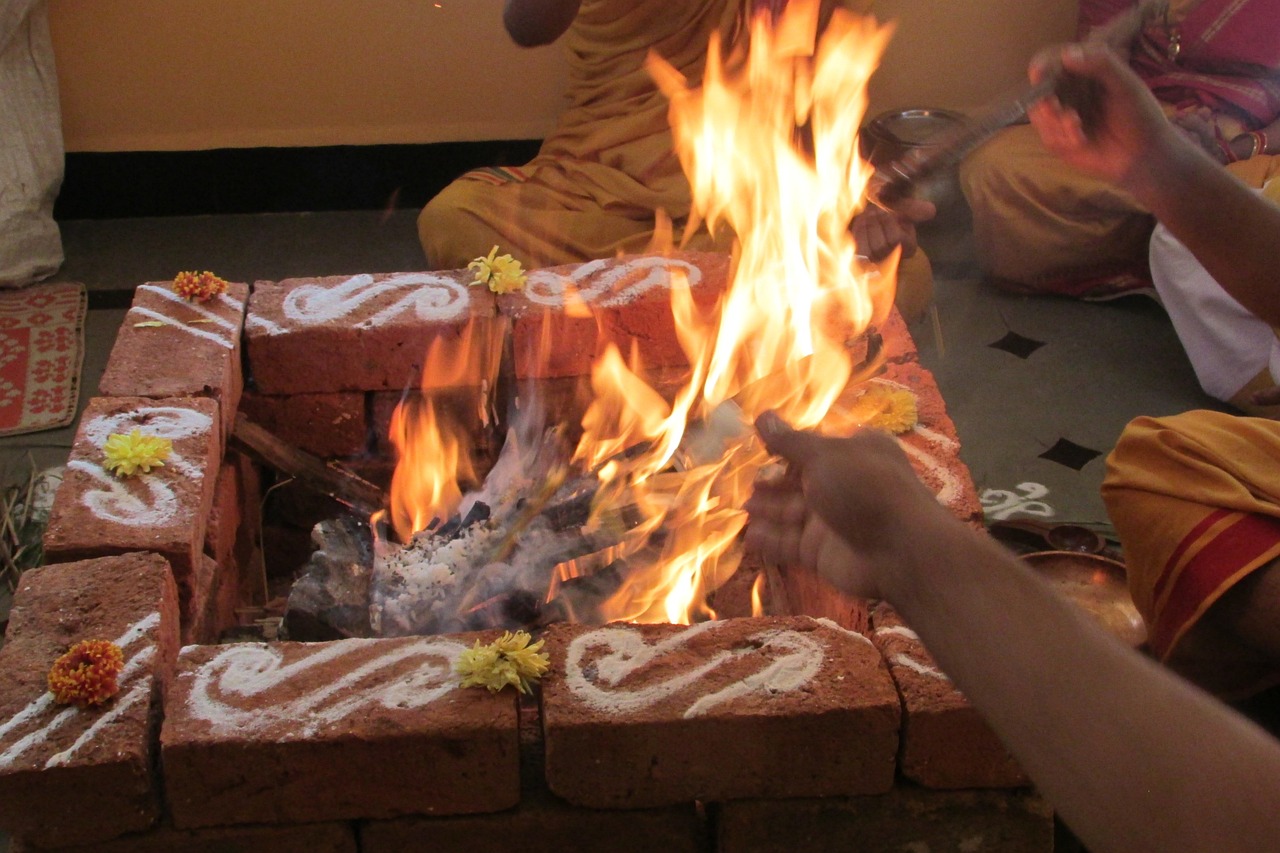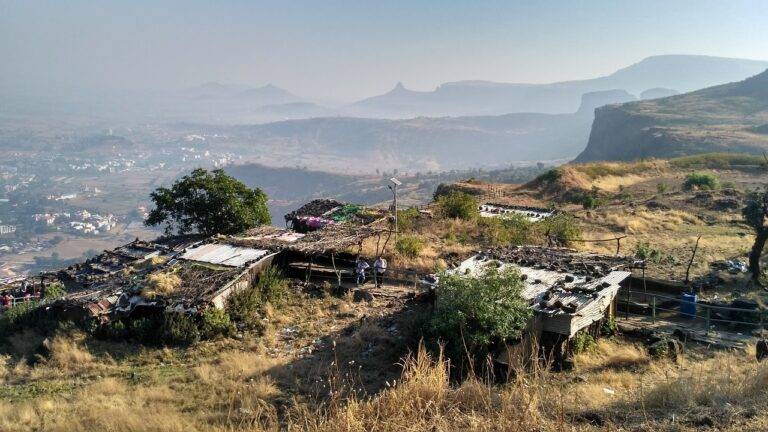Election Violence: Causes and Prevention Strategies
Inadequate electoral laws and regulations often serve as a catalyst for election violence. When there is ambiguity or lack of clarity in the guidelines governing the electoral process, it can lead to confusion and disputes among political parties and their supporters. Without solid legal frameworks in place, parties may resort to violence as a means to gain an advantage or contest the legitimacy of the election results.
Sociopolitical tensions and deep-rooted divisions within a country exacerbate the risk of election violence. When there are existing conflicts based on ethnicity, religion, or other divisive factors, elections can become a flashpoint for these tensions to escalate. Political parties may manipulate these fault lines to mobilize support or incite violence against rival groups, further destabilizing the electoral environment.
Historical Examples of Election Violence
Election violence has a long history of disrupting democratic processes across the globe. One notable example is the election chaos that engulfed Kenya in 2007, resulting in intense ethnic clashes and the loss of more than 1,000 lives. The contested re-election of President Mwai Kibaki led to widespread violence, displacing thousands of citizens and leaving a lasting scar on the country’s political landscape.
Similarly, the presidential election in the Ivory Coast in 2010 triggered a wave of violence that divided the nation along ethnic lines. Supporters of incumbent President Laurent Gbagbo clashed with those backing opposition leader Alassane Ouattara, leading to a civil conflict that claimed the lives of thousands and left a trail of destruction in its wake. These historical examples serve as stark reminders of the devastating impact election violence can have on societies and the urgent need for peaceful and transparent electoral processes.
Impact of Election Violence on Society
The repercussions of election violence on society are profound and far-reaching. Communities are left fractured, distrust and animosity lingering long after the ballots are counted. The fabric of society is torn asunder, as neighbors turn against one another, eroding the sense of unity and solidarity that is crucial for a healthy, functioning democracy.
Moreover, the economic effects of election violence are significant. Investor confidence dwindles, economic activity stalls, and development projects are put on hold. Scarce resources are diverted towards security measures, detracting from much-needed investments in education, healthcare, and infrastructure. Ultimately, the livelihoods of ordinary citizens are jeopardized, exacerbating poverty and inequality within the society.





